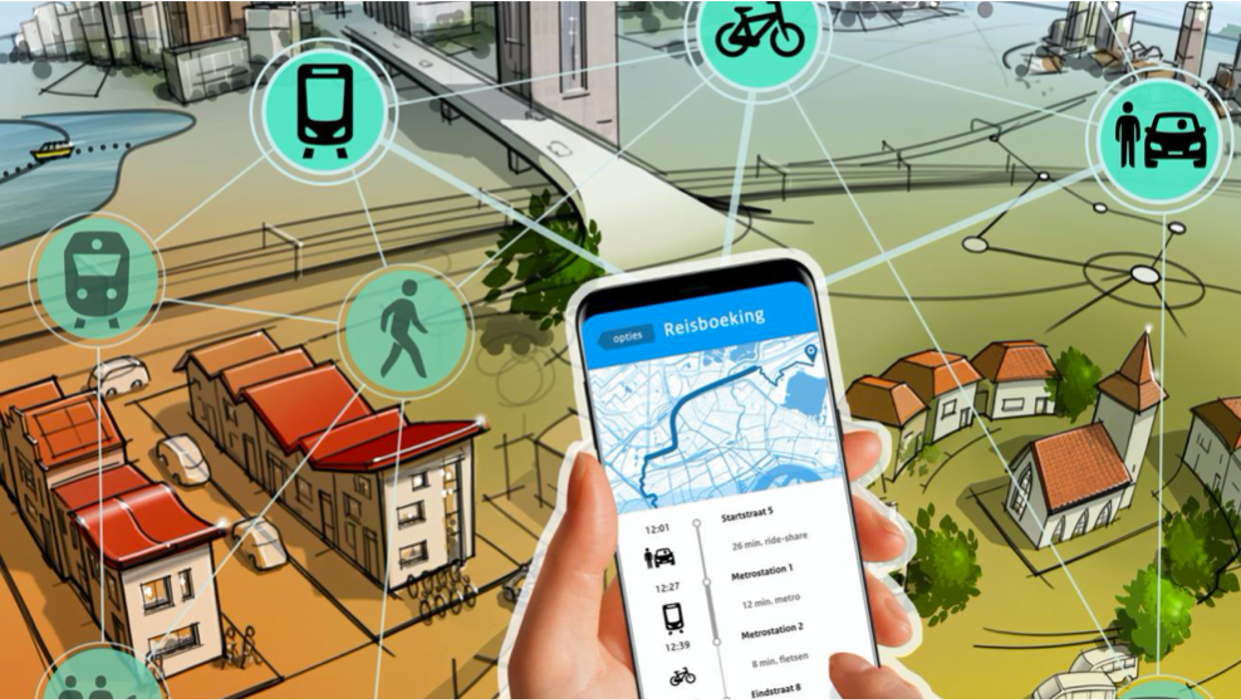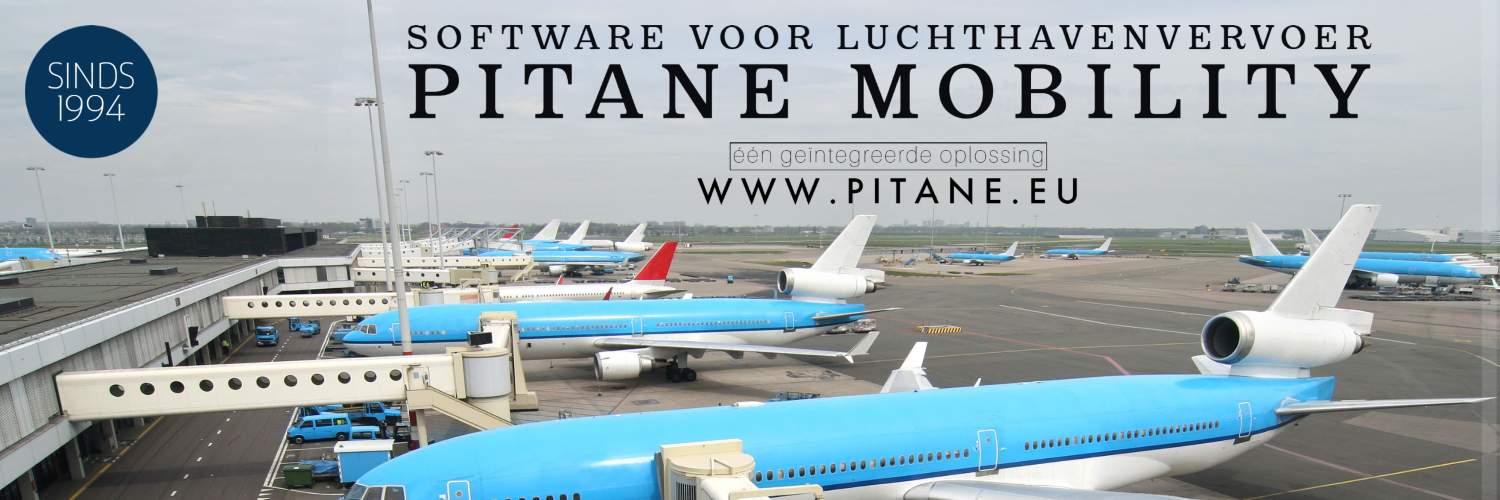The train, and NS in particular, is failing these days.
We couldn't imagine it any easier. Travelers can plan, book and pay for a door-to-door multimodal journey using an easy-to-use all-in-one app. Using shared bicycles or scooters, which take us to the station, and then travel by train to the final destination and then continue traveling with a shared bicycle. Only practice is often different.
Despite MaaS having to offer advantages in our transport provision, an important link in the transport chain is becoming less and less reliable. The train. And NS in particular fails too often. The hope is that, with a high-quality user-friendly service, we can encourage travelers to change their entrenched mobility behaviour. Perhaps leaving the car at home more often and using more sustainable alternatives such as the train. Unfortunately, the current experience brings the traveler back to his trusted car and he takes the traffic jam into the bargain.

Everything that makes MaaS very promising and where various studies outline a bright future has the downside that the reality is different and MaaS has been implemented only falteringly until now. Our entire system of moving in the Netherlands is built around separate modalities, each with its own interests. And that makes it difficult to connect the transport chain and services of various providers within MaaS.
problems



